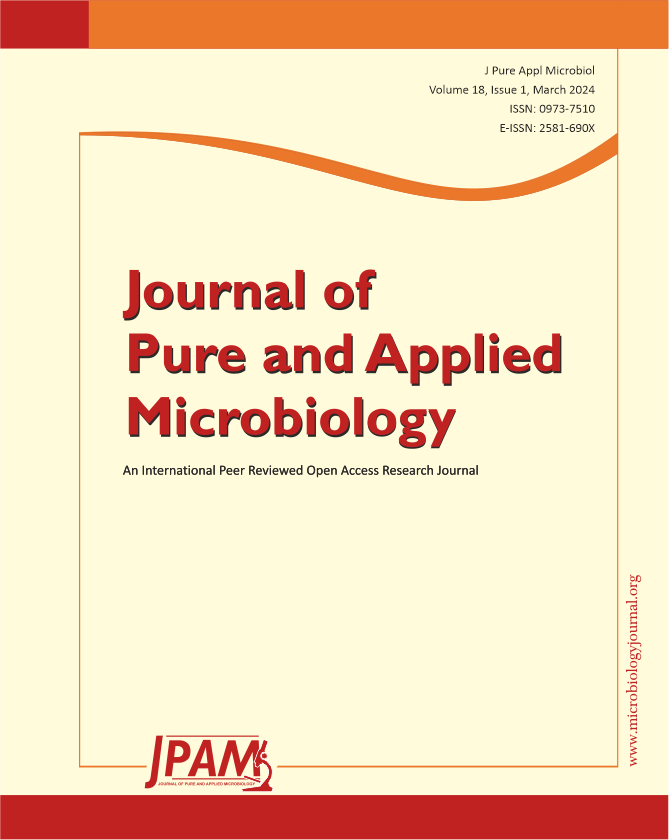Given the magnitude of the COVID-19 pandemic, adverse psychological outcomes are expected to occur among healthcare personnel (HCPs). However, little is known about these outcomes within Ras al Khaimah, UAE. This study aims to assess the psychological impact of COVID-19 on healthcare personnel from different hospitals and clinics in Ras Al Khaimah (RAK), UAE. An online questionnaire was distributed to healthcare personnel within Ras al Khaimah, UAE, through an institutional email that enabled them to enroll in the study after giving informed consent. Likert scale was used to calculate the relation between demographic factors and 13 variables of psychological distress. An unpaired t-test was applied. This study shows that 31.7% of HCPs in RAK report moderate to high levels of anxiety due to concerns of potential workplace exposure, 41.6% are afraid of infecting their families and 13.1% find themselves feeling isolated from their families. Those who were younger than 45 years old, unmarried people and having more than two children were more likely to experience psychological distress than their counterparts. While the adverse psychological impact within this population is not as severe as what was noted in different populations in other countries, they must be addressed. It is important to ensure that HCPs have the appropriate physical and mental resources to persevere through similar stressful periods in the future.
Psychological Distress, Healthcare Workers, Healthcare Personnel, Ras al Khaimah, UAE, Questionnaire
© The Author(s) 2024. Open Access. This article is distributed under the terms of the Creative Commons Attribution 4.0 International License which permits unrestricted use, sharing, distribution, and reproduction in any medium, provided you give appropriate credit to the original author(s) and the source, provide a link to the Creative Commons license, and indicate if changes were made.


